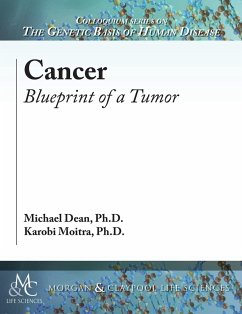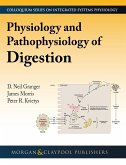Scientists are deciphering the biology of the tumor cell at a level of detail that would have been hard to imagine just a decade or so ago. The development of high-throughput DNA sequencing and genomics technologies have allowed an understanding of the development, growth, survival, and spread of cancer cells in the body. From this information, we now have a basic blueprint or roadmap of how a single damaged cell can develop into a pre-malignant lesion, a primary tumor, and finally, a lethal tumor that may spread throughout the body and resist both medical therapy and host immune responses. In this book, we provide an overview of our current understanding of this cancer blueprint, which has been aided both by the study of familial cancer syndromes, in vitro studies of cancer cells, and animal models. Three classes of genes have emerged from these studies: tumor suppressor genes needed for normal growth control and DNA repair; oncogenes that regulate cell growth and survival, and epigenetic modifiers, enzymes that regulate the modification of DNA and the proteins that form chromatin. Each of these three classes of genes is mutated or altered at least once in virtually all malignant cancer cells. Current technologies permit the DNA sequencing of cancer exomes (coding gene sequencing), whole genomes, transcriptome (all expressed genes), and DNA methylation profiling. These studies show that all tumors have unique constellations of mutated, rearranged, amplified, and deleted genes. Single-cell sequencing further shows that there is extensive variation in individual cells in the tumor; that cancers evolve, and have many of the properties of a multi-cellular entity. Lastly, cancer cells, through mutations in epigenetic modifiers, can reprogram the genome and unlock entire developmental and gene expression pathways to adapt and survive in changing conditions. This reprogramming allows the tumor to elude the host body's defenses, radiotherapy, chemotherapy, and targeted therapy that we use in cancer treatment. Understanding this cancer blueprint paves the way for the development of future therapies to treat and eliminate cancer.
Hinweis: Dieser Artikel kann nur an eine deutsche Lieferadresse ausgeliefert werden.
Hinweis: Dieser Artikel kann nur an eine deutsche Lieferadresse ausgeliefert werden.








